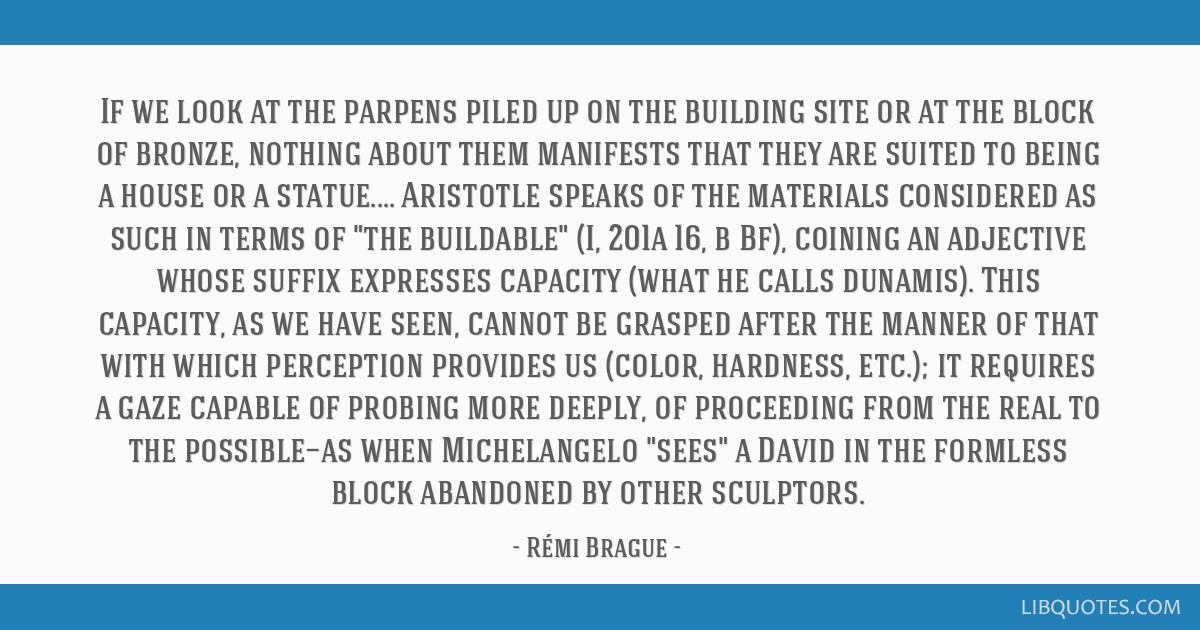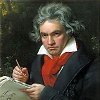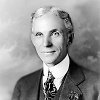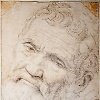If we look at the parpens piled up on the building site or at the block of bronze, nothing about them manifests that they are suited to being a house or a statue.... Aristotle speaks of the materials considered as such in terms of "the buildable" (I, 201a 16, b Bf), coining an adjective whose suffix expresses capacity (what he calls dunamis). This capacity, as we have seen, cannot be grasped after the manner of that with which perception provides us (color, hardness, etc.); it requires a gaze capable of probing more deeply, of proceeding from the real to the possible—as when Michelangelo "sees" a David in the formless block abandoned by other sculptors.
"Aristotle's Definition of Motion and its Ontological Implications," Graduate Faculty Philosophy Journal, vol. 13, no. 2, p. 12























